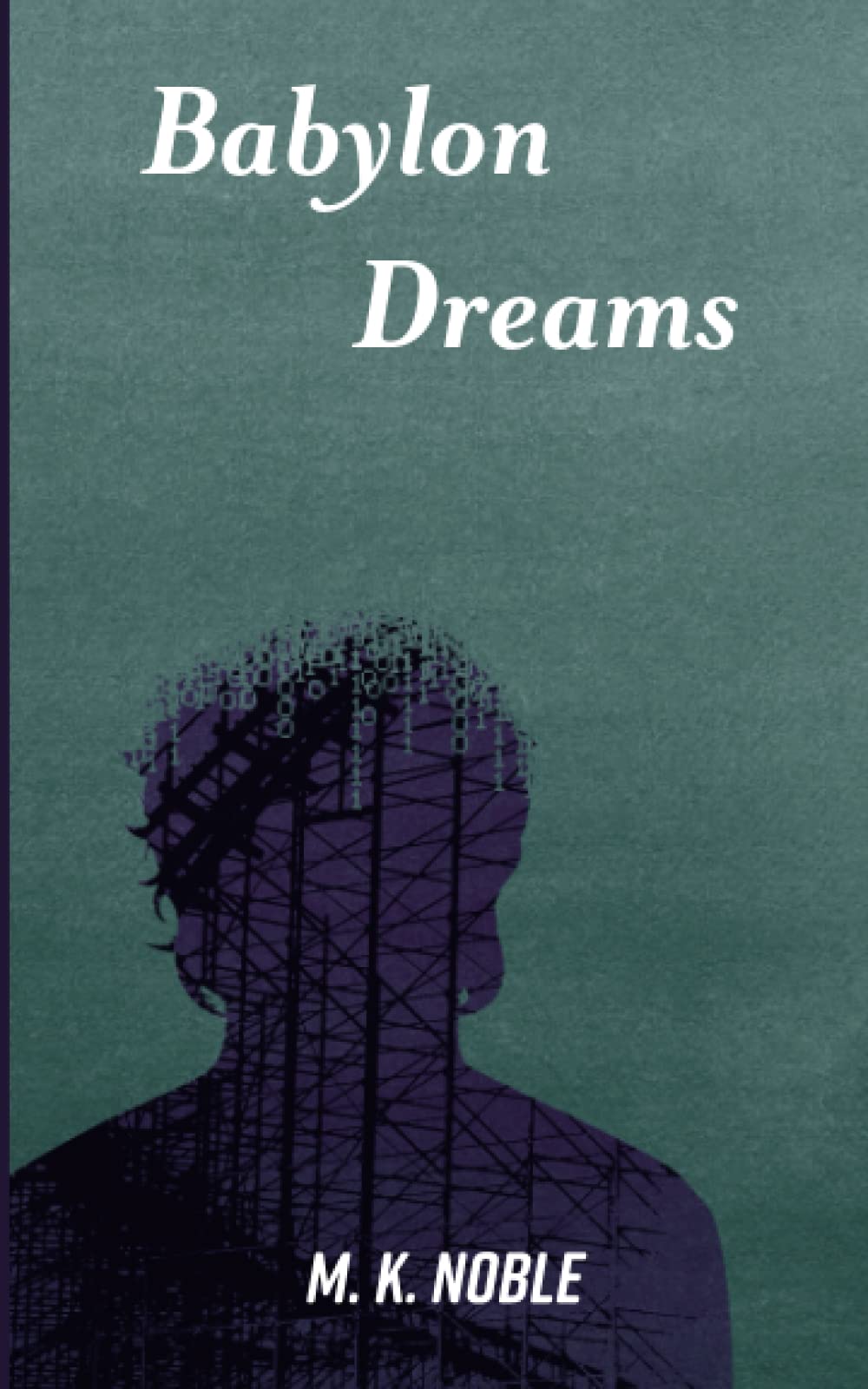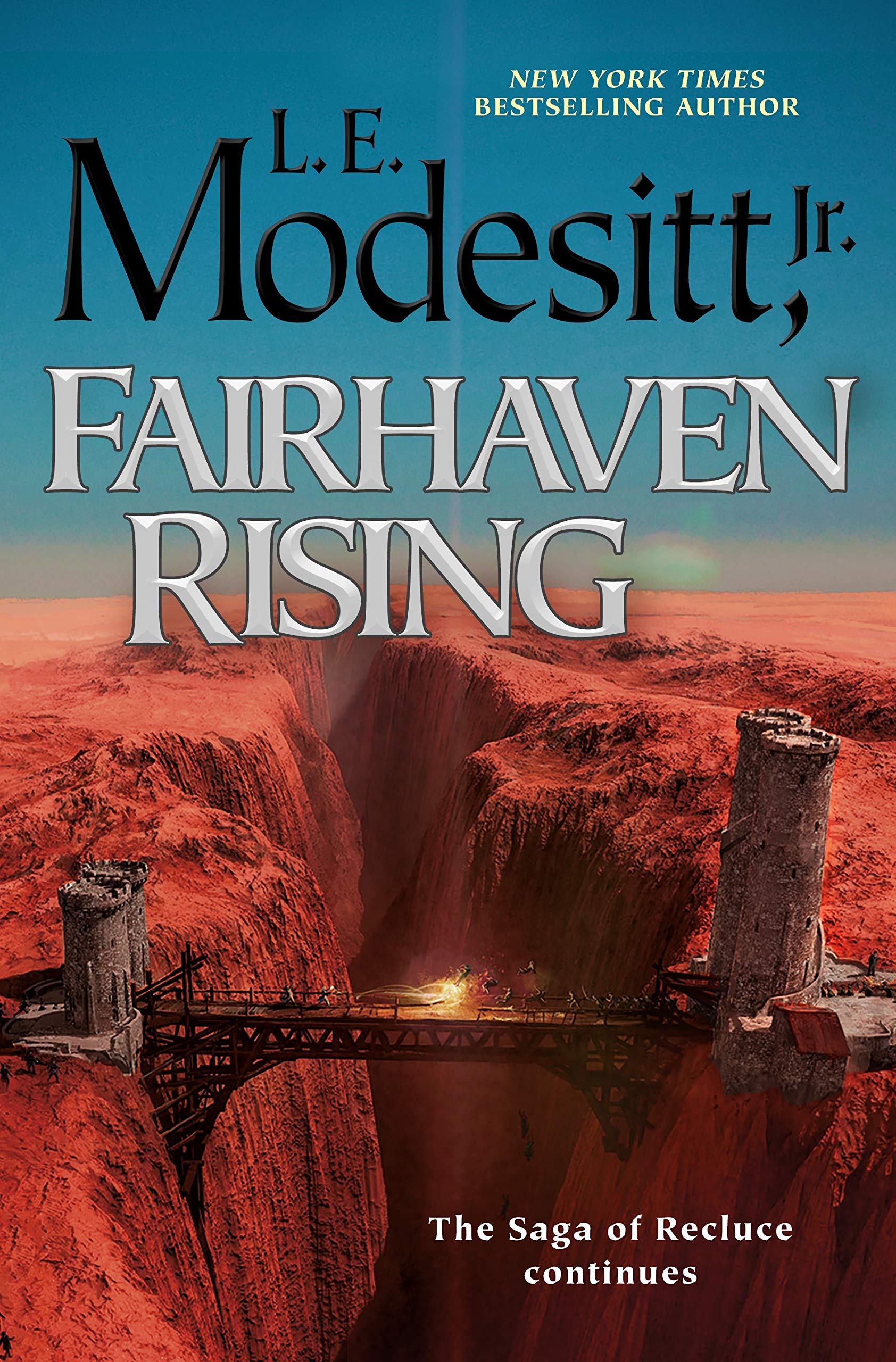Babylon Dreams
Prior to his untimely demise, Gunter Holden was considered a pioneer of the post-biological destination industry, having made the virtual after-death affordable for even those on middle incomes. Holden’s company, Virtual Enterprises, Inc. (VEI), patented a nanobot technology that allowed people’s consciousness to be uploaded in the form of a file to a virtual environment known as Bali Hai after their death. Similar to how the Oasis in Ernest Cline’s Ready Player One allowed people to escape the drudgery of life by entering a virtual world, Bali Hai allowed people to escape the endlessness of death by taking up residence in an idealized version of reality.
Unfortunately, while it appeared that he had the afterlife neatly sewn up, Holden had a much weaker grip on real life. From the personal perspective, he suspected that his wife Laura was having an affair with his estranged younger brother Jacob, while on the professional front, there was significant infighting going on between Holden and key company personnel, which was perhaps unsurprising given his decision to employ his ex-wife and some of her devoted admirers. Following the still unsolved murders of Laura and Jacob, Holden shot himself, resulting in him being uploaded to Bali Hai, where he had fixed the program so that he both exerted a certain degree of control over the virtual world and maintained his seat on the VEI board in the real world.
By the point at which Marjorie Kaye Noble’s Babylon Dreams opens, Bali Hai is a dated program prone to glitches and interruptions. Holden is still hanging on inside, greeting certain new arrivals if he sees fit, although he’s finding it increasing difficult to maintain the continuity of his personal program. His interactions are frequently interrupted by memory surges and corrupted files, making it difficult for him to stay present in the moment. This difficulty caused by overlapping realities is reflected in the novel’s narrative style, with the story principally being told through a combination of Holden’s one-sided interactions within Bali Hai and emails exchanged in the real world by an archivist at the Library of Congress and a private investigator working on behalf of the families of virtual individuals.
It’s an inventive and intriguing storytelling style, although it does render the narrative somewhat fragmented. In Bali Hai, Holden spends a lot of time talking to a newcomer called Tom Bucklin, but since Tom’s family refused permission for his memories to be made public, his part of the discourse is not available in the library records. This sometimes makes the story a little confusing, although it does allow Noble to provide significant insight into Holden’s complex and troubled character. Through the device of the failing program, she teases out episodes from his past and explores the development of the virtual version of a deeply flawed individual.
There’s a lot more going on in Babylon Dreams than just Holden’s personal story, however, as Bali Hai itself is facing danger due to the anti-virtual movement on the one hand and corporate mergers and the machinations of religious cults on the other. Noble explores some weighty issues––the right to choose a form in the after-death, the right to privacy of individuals who opt to be added to a program, the right to (after)life of virtual persons––which is innovative and adds real depth to the story. If a different narrative style had been used, these interesting issues could have been investigated further.
| Author | Marjorie Kaye Noble |
|---|---|
| Star Count | 3.5/5 |
| Format | eBook |
| Page Count | 386 pages |
| Publisher | M. K. Noble |
| Publish Date | 02-Apr-2022 |
| ISBN | 9780578352282 |
| Bookshop.org | Buy this Book |
| Issue | March 2022 |
| Category | Science Fiction & Fantasy |
| Share |








